Baroiyadhala National Park
Sitakunda, Chittagong.
Declared as a sanctuary in 2010, Baroiyadhala encompasses 2933.61 hectares. It is located at east site of Dhaka-Chittagong Highway, Chittagong District. It includes two beats, Baroiyadhala and Bortakia. Among
the existing forest biodiversity in Bangladesh, this National Park is renowned. The ecosystem of this National Park is playing an important role to mitigate the impacts of climate change.
Baroiyadhala National Park protects undisturbed tropical forest. Unlike many other forests in Bangladesh, the trees cover in this area has increased in recent decades. The park connects with forests in the Chittagong Hill Tracts, providing important wildlife corridors for Bangladesh’s disappearing flora and fauna. Small herds of endangered Dhole visit the park regularly. Baroiyadhala is one of the few forests in Bangladesh where the endangered species of fishing cat is found. Bon morag, Pig, Squirrel, Fox, Bagdus are found commonly among other notable species.
Under Barioyadhala range 566 families are living and they are poor and depend to a considerable extent on forest resources – without income-generating alternatives, such as eco-tourism. Many people are living in two ethnic communities located in the National Park, the area of Mirshawari Upazilla. This threatens the biodiversity and ecology of Baroiyadhala National Park.
WHY IS BAROIYADHALA NATIONAL PARK IMPORTANT?
Over 50 species of plants, including some rare species
Many indigenous species like Chapalish, Darmara, Horina grows naturally
Many different species of birds and mammals
Habitat for globally endangered Dhole.
Several local villagers are Tripura, by ethnicity
Local people are poor and depend on forest resources, threatening the biodiversity and ecology
CO-MANAGEMENT HELPS PROTECT CRITICAL FOREST HABITATS IMPORTANT FOR A WIDE RANGE OF CREATURES AND PLANTS, INCLUDING GLOBALLY THREATENED SPECIES …
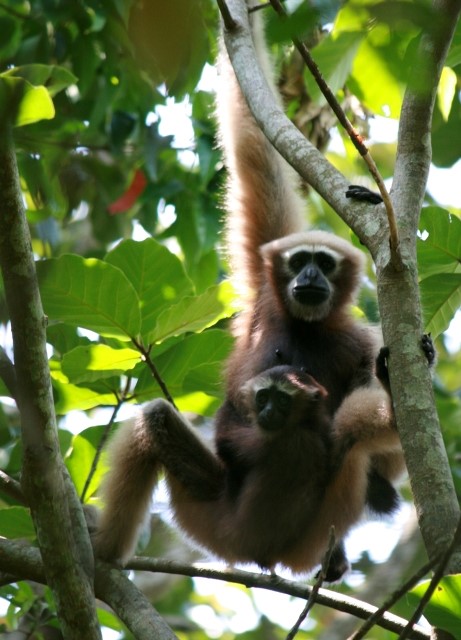
Dhole (Cuon alpinus)
Please support this important work.
This unique specie inhabits in east and southern of Asia. It is very similar in appearance to the African Wild dog and the bush dog. It possesses dog like body and, 75 to 110cm in size. It is mostly grey, black and brown in color. Dhole is carnivorous. Deer, rodents and birds are its main prey. It is a highly sociable animal that spends its life as part of a pack. They work as part of a pack to try and bring down larger prey to feed the whole group. Dhole is endangered in the world as the population have been reduced across their native territories.
Sustaining Nature, Biodiversity, and Local Communities
Baroiyadhala Co-Management Committee engages with local communities to conserve Barioyadhala National Park and its threatened species, through climate-resilient natural resources management and diversified livelihoods
Co-management in Baroiyadhala was established in May, 2013 and is recognized through a Ministry of Environment and Forests order published in November 2009. Baroiyadhala CMC formally works with and includes Bangladesh Forest Department as well as all key local stakeholders including local government and of course representatives of the surrounding 24 villages who are organized into a common forum.
BAROIYADHALA NATIONAL PARK CO-MANAGEMENT COMMITTEE (CMC)
KEY OBJECTIVES:
- Ensure long-term conservation of biodiversity
- Mobilize local people as environmental stewards and stakeholders
- Improve the lives and livelihoods of local people, by diversifying livelihoods, improving skills, and reducing vulnerability to hazards and climate change
- Encourage eco-tourism, and provide adequate facilities for visitors
- Provide a forum for discussions,consultations, and conflict resolution
How You Can Help ?
Please support our efforts to strengthen conservation. The work of Baroiyadhala CMC and associated organizations involves local communities working with local government and Bangladesh Forest Department. These activities depend on support from grants and outside resources.
Baroiyadhala CMC is newly formed and funds can be channeled through CODEC – a national NGO which has helped establish the CMC. CODEC is registered with Bangladesh NGO Affairs Bureau, registration no. 263. Its programs focus on the disadvantaged communities of Chittagong region for their socio-cultural and economic development.
Your donations to Baroiyadhala CMC will support:
- Improving forest protection, especially those used by threatened species, through community patrols
- Reducing conflicts between people and animals, (e.g., relocating cultivation, improving warnings, and a compensation fund)
- Promoting eco-tourism (e.g., establishing visitor facilities and publicizing information on Baroiydhala NP)
- Increasing community sustainability (e.g. reducing disaster vulnerability and improving services)
Contacts
President
Baroiyadhala CMC
Tel: 01815578093
Member Secretary
Baroiyadhala CMC
Tel: 01825333215
Forest Department
…………………………….
Tel: +88 ……………………,
Email: ………………………
CODEC
Khurshid Alam Ph.D
Executive Director, CODEC
CODEC Bhaban, Plot 2, Road 2, Lake Valley R/A, Hazi Zafor Ali Road
(Nuria Madrasha Lane), Foy’s Lake, Khulshi, Chittagong, Bangladesh
Tel: + 880-31-2566747;
Email: khurshidcodec@gmail.com
Facebook Page
Documents of Baroiyadhala National Park
MAPS File
MAPS
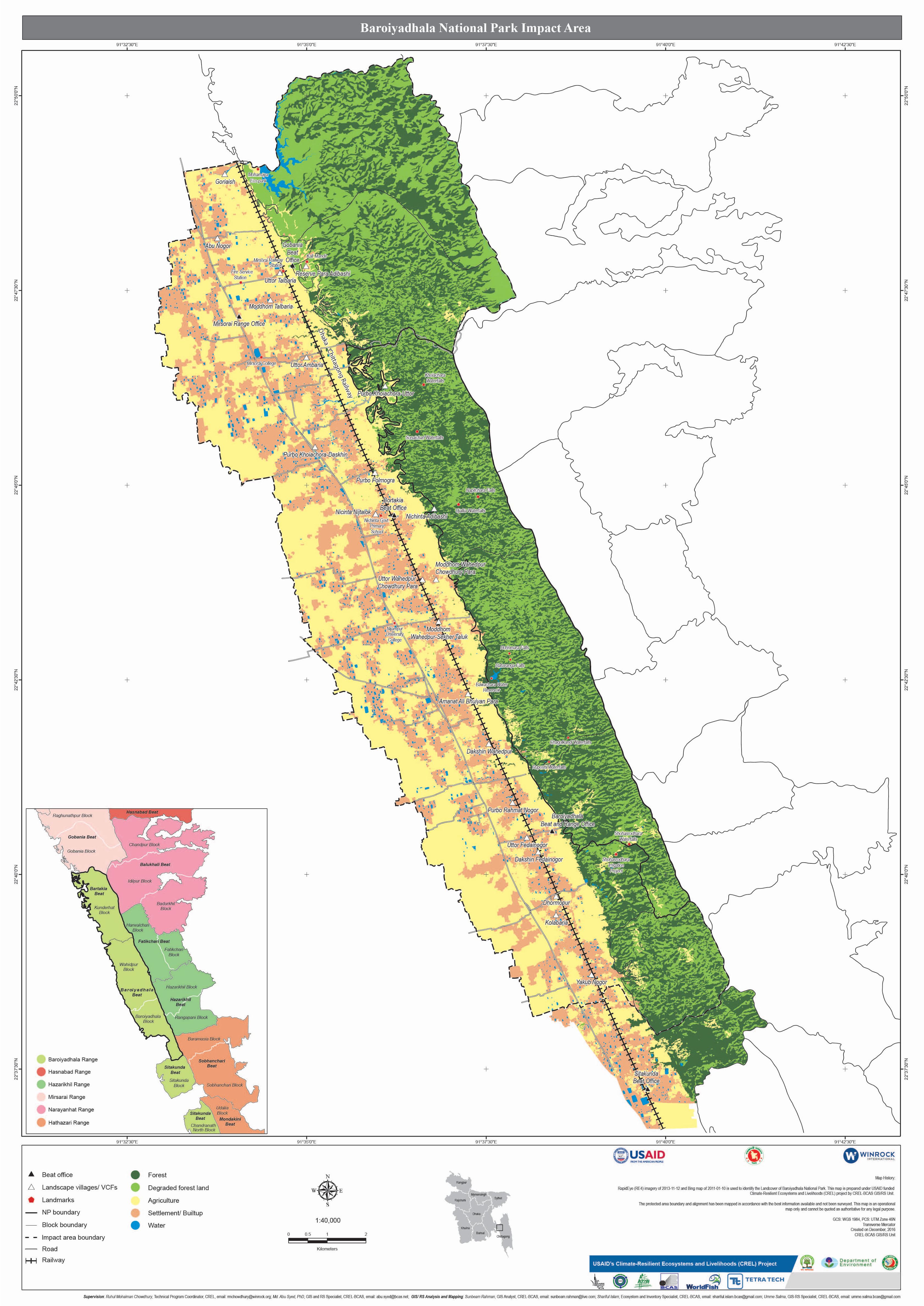

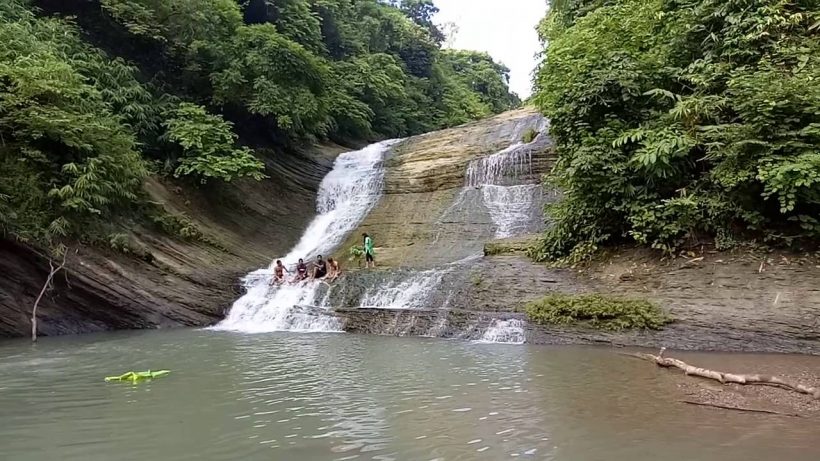
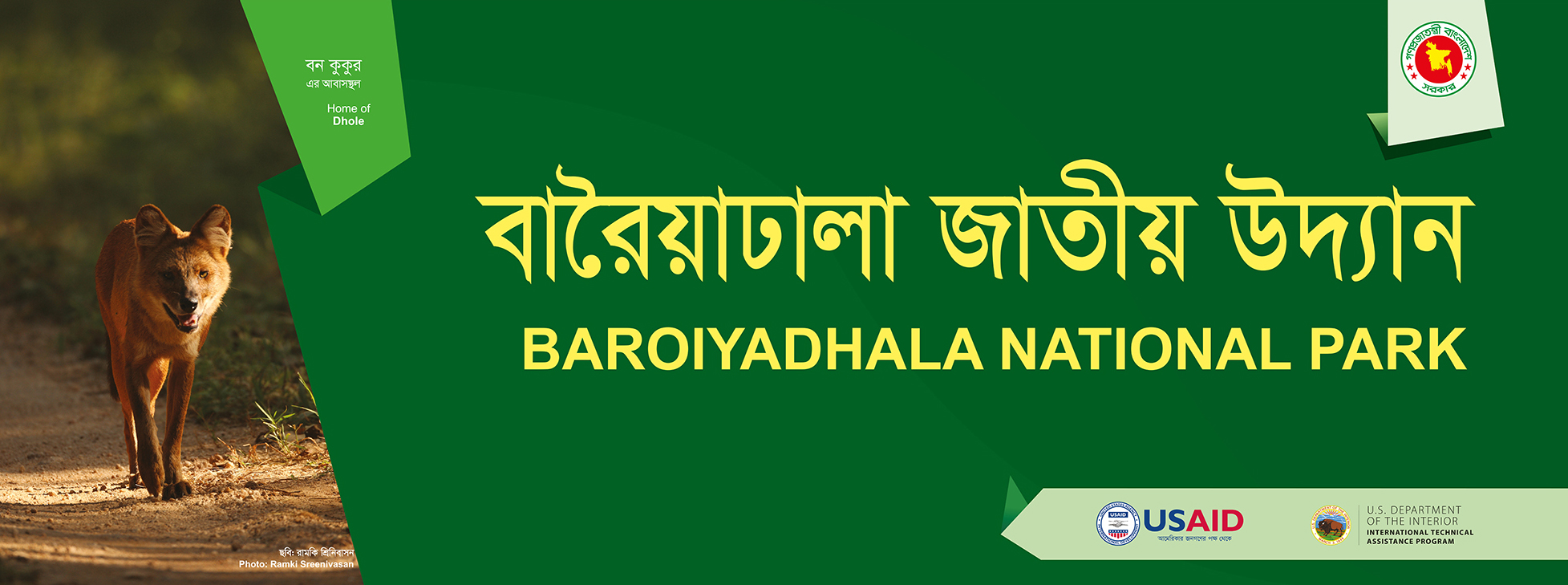
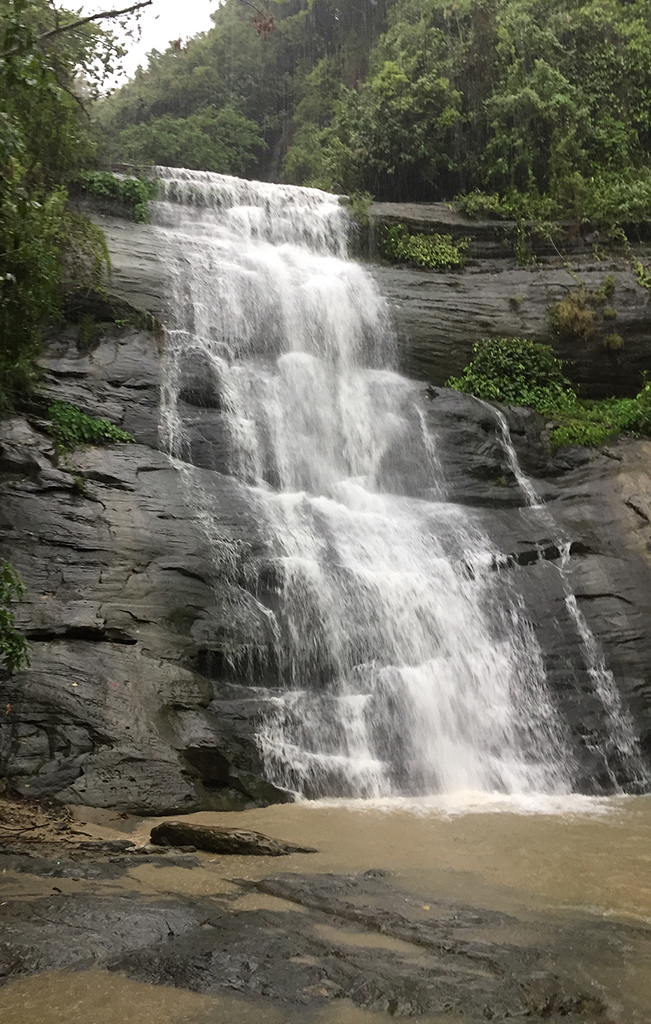
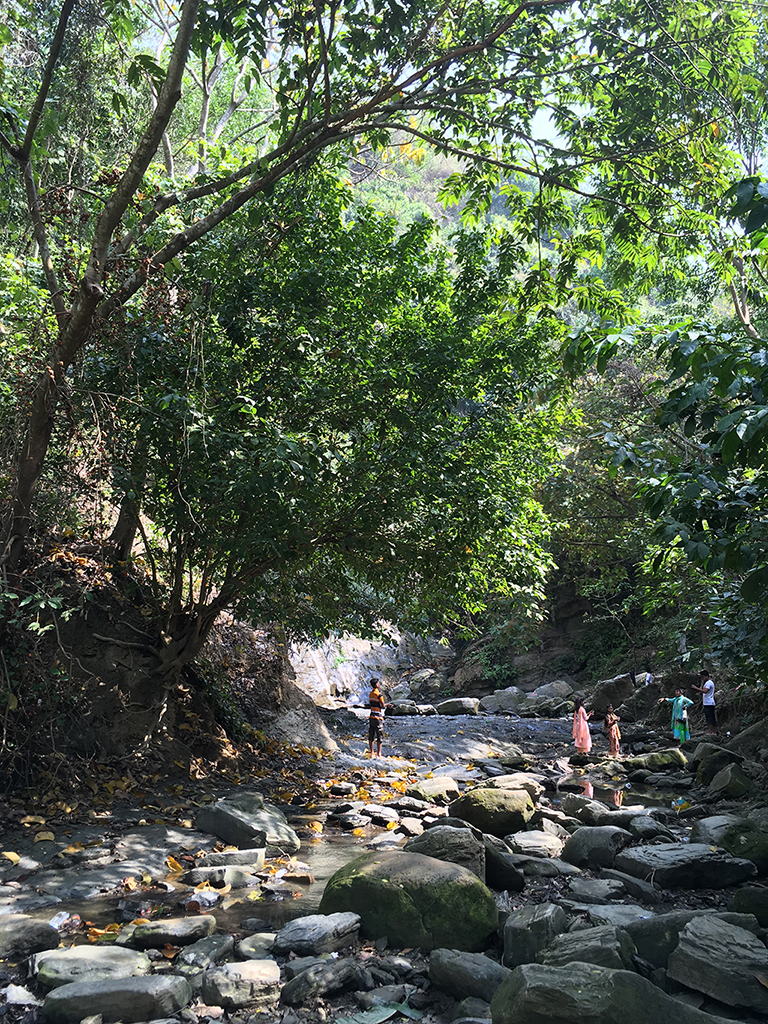
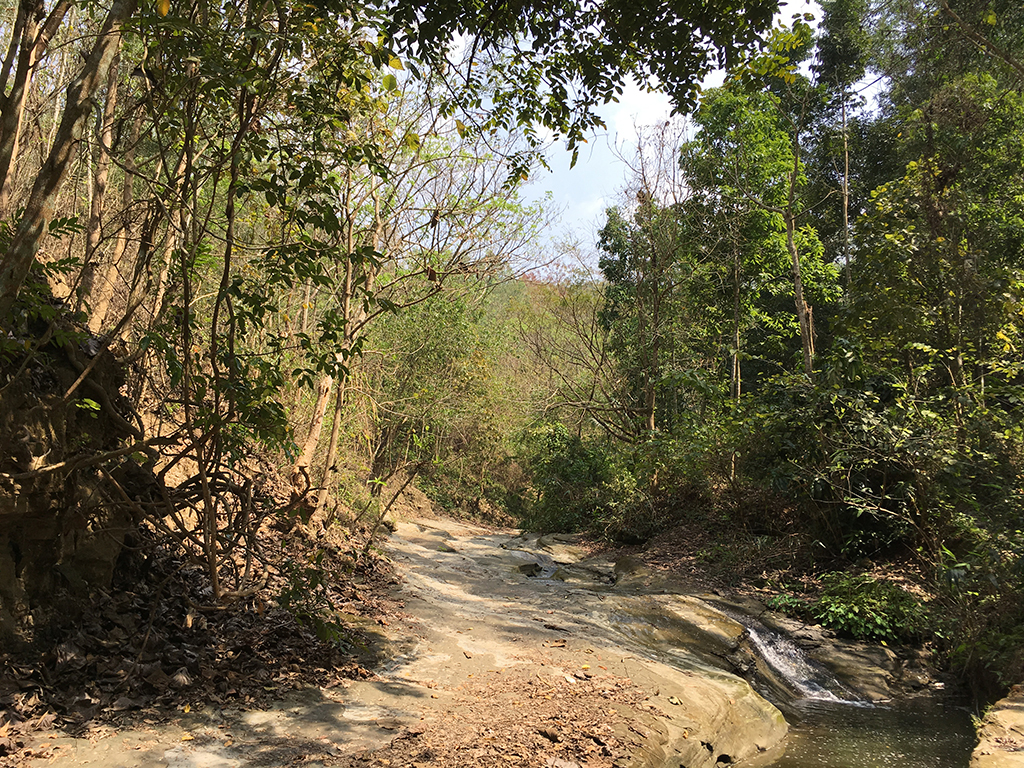
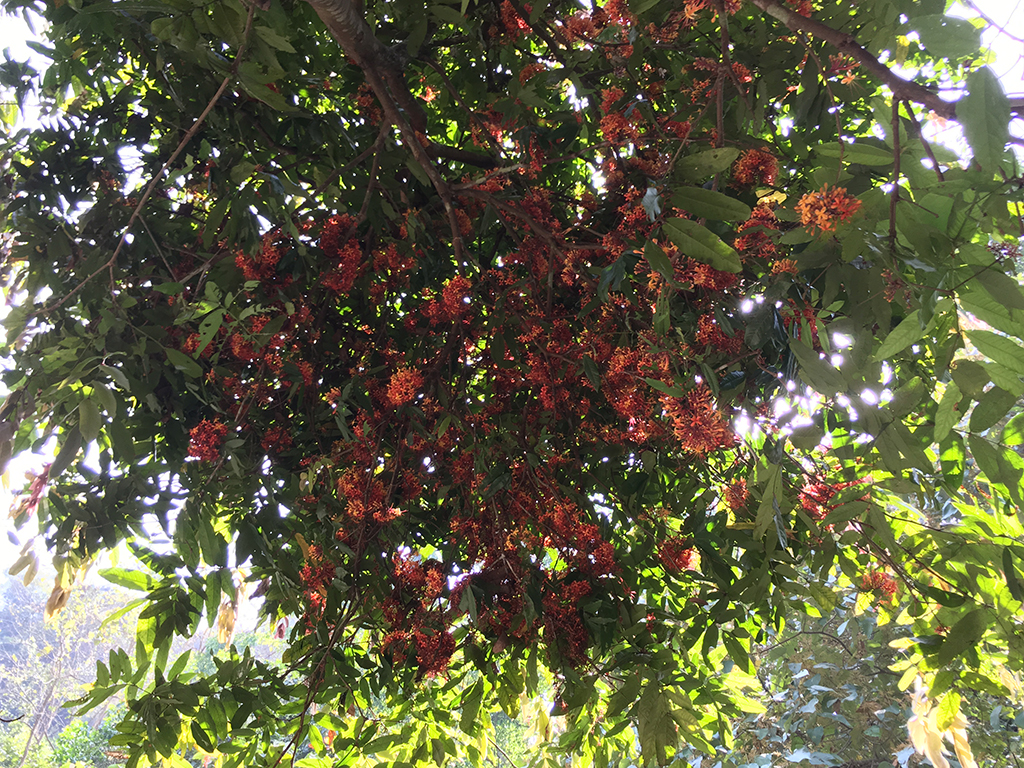
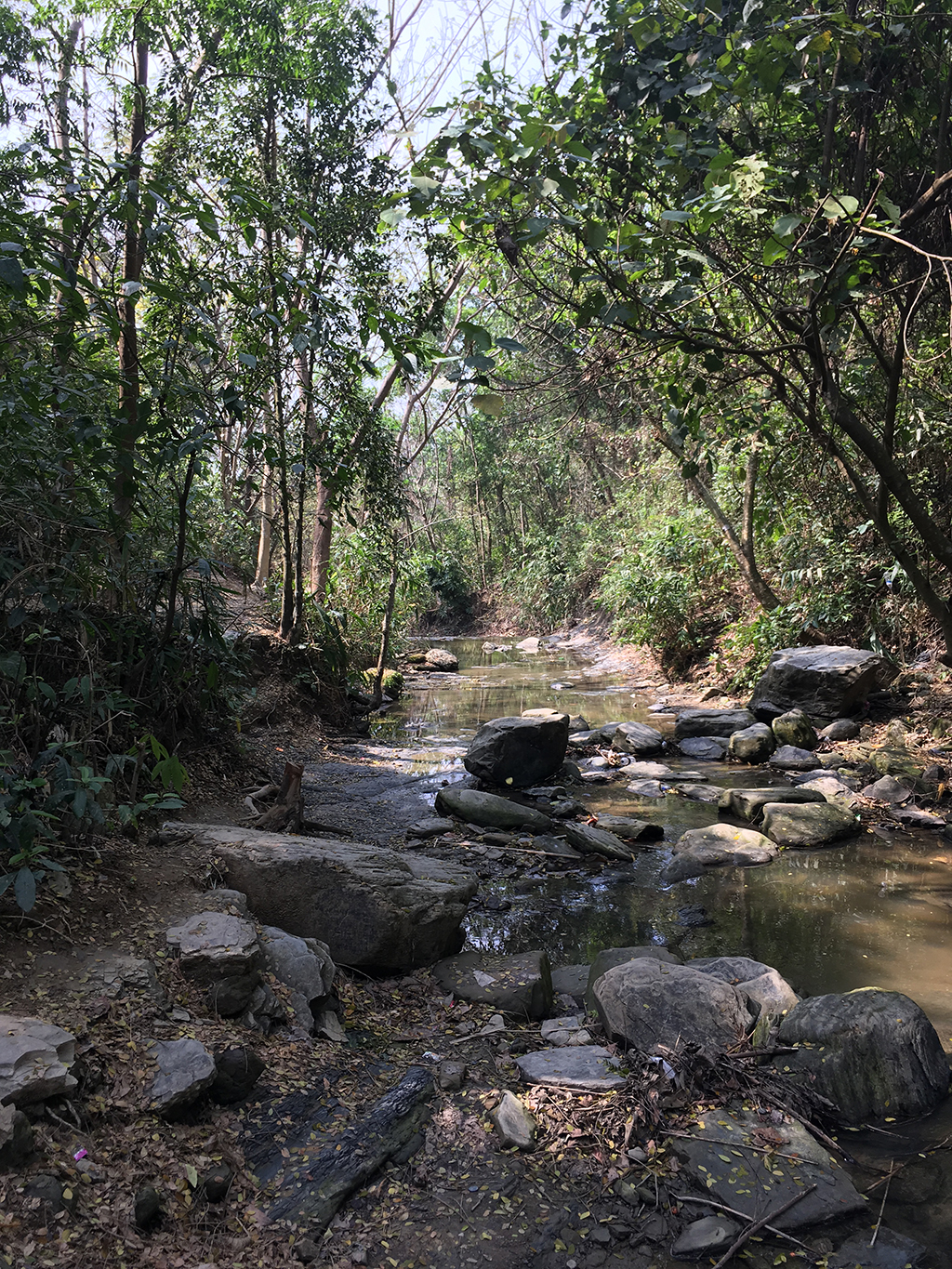
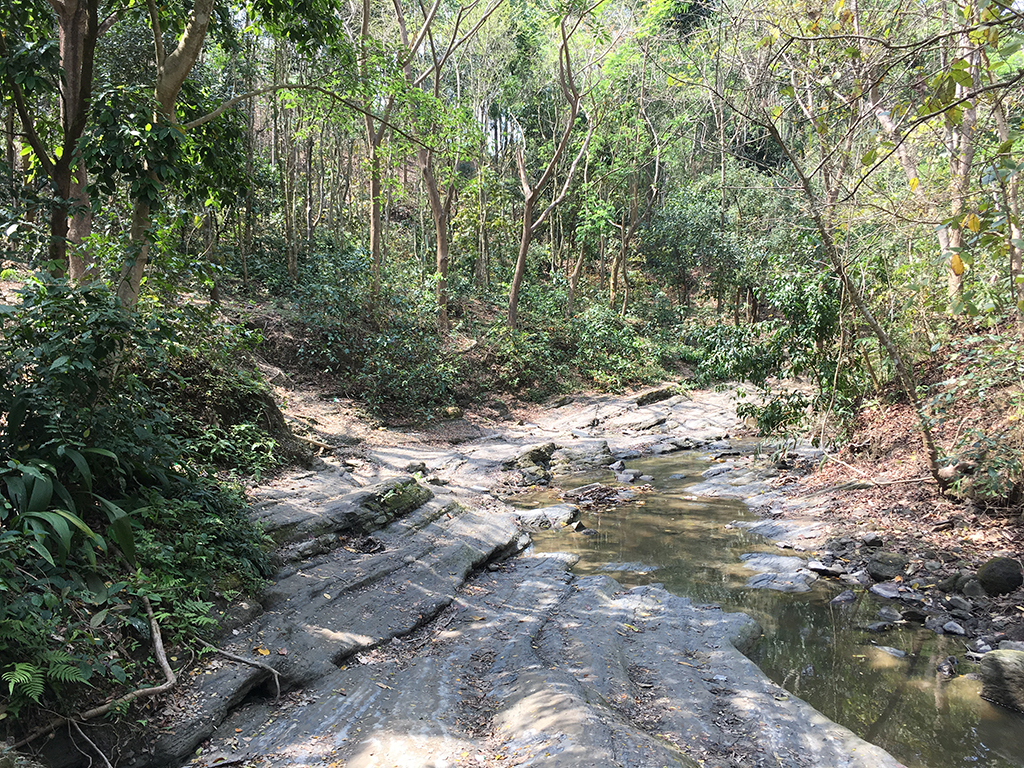
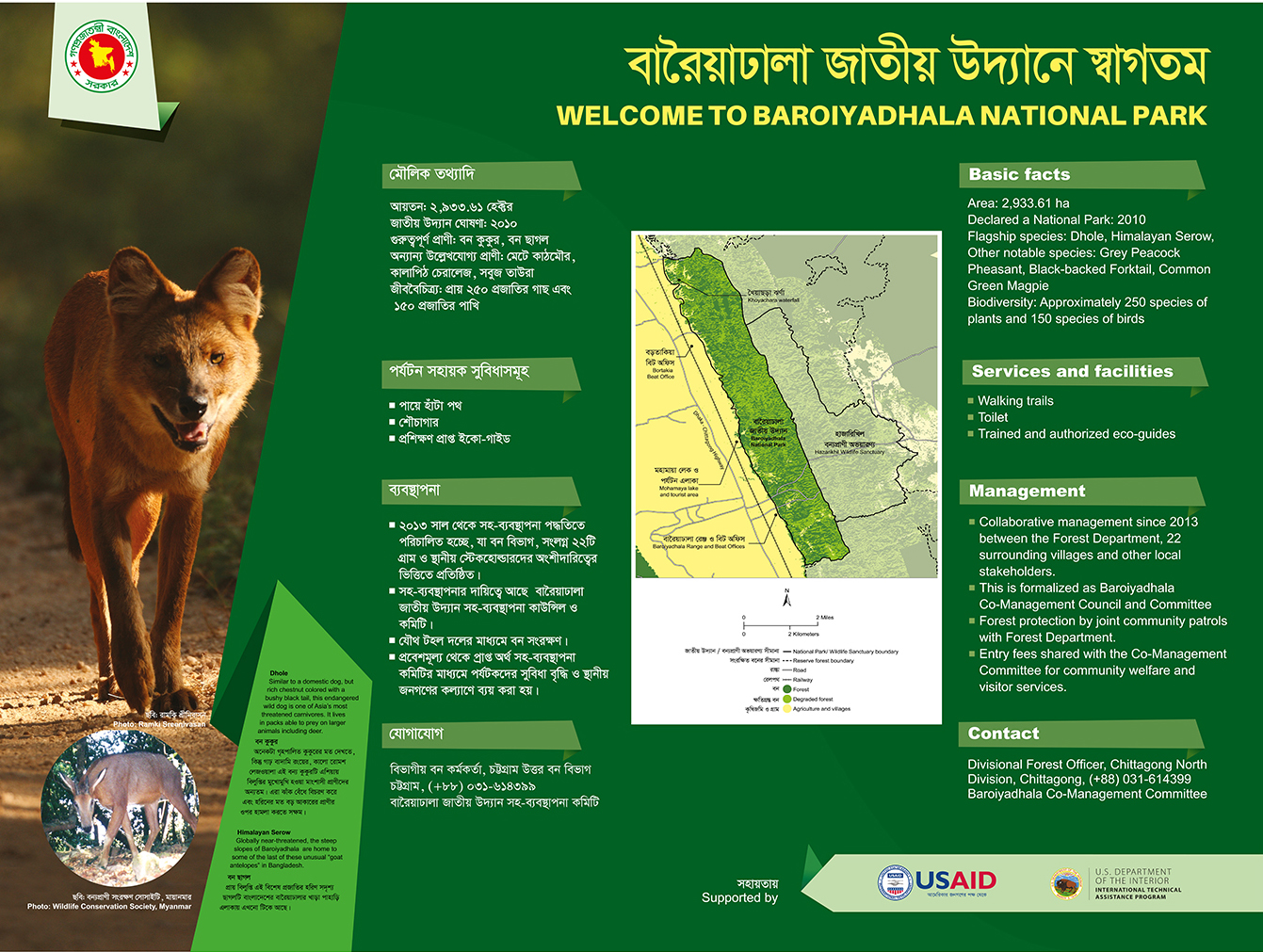
Leave a Reply